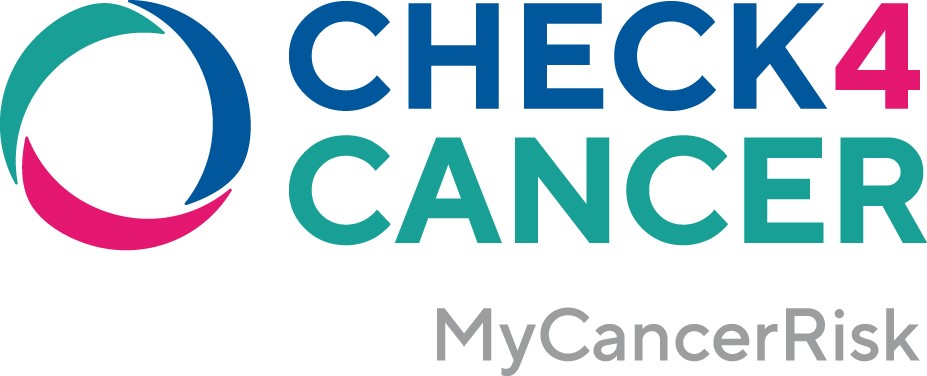June 2014: By Nicky Whiting
Doctors have been saying for many years now that maintaining a healthy weight can help reduce the risk developing cancer. However, a new study carried out by the Department of Radiation Oncology at Thomas Jefferson University in Philadelphia and published in the journal Breast Cancer Research and Treatment has indicated that a calorie restricted diet may also be helpful in reducing the spread of cancer.
The study looked specifically at the spread of TNBC (Triple Negative Breast Cancer) to other organs in the body (metastasis). TNBC is one of the most aggressive forms of breast cancer that occurs in approximately 1 in 5 women and responds poorly to standard treatments.
By restricting the diet of female mice by 30% the team at Thomas Jefferson University found that the spread of TNBC to other organs was reduced when compared to the control group. They also found that the combination of radiation and a restricted diet produced the best results. The researchers saw that there was an increase in protective proteins around the tumour which strengthened the tissue making it harder for the cancer to spread. In addition they saw a reduction in molecules, known as microRNAs that are known to be increased in triple negative cancers that have spread.
Calorie Restriction may have implications for future cancer treatment
The implications of these findings could be significant in the way this and other forms of cancer are treated in the future. It is already known that women who are overweight or who put on weight during cancer treatment have worse outcomes and this study may indicate some of the reasons why.
Weight gain is a problem for many women suffering from breast cancer due to the treatments for the illness. The Scotsman on Sunday reported that the average woman gains 10lbs in her first year of cancer treatment. Chemotherapy patients are often prescribed steroids and hormone treatments such as Tamoxifen, both of which cause weight gain. This potentially leaves the medical profession with a dilemma and further research will be needed to draw more specific conclusions on how to deal with this.
Further studies on humans now underway
The results of the study have been so successful that the University is now enrolling people into a human trial known as CaReFOR (Calorie Restriction for Oncology Research Trial). This first trial will involve women being treated for breast cancer with conventional radiotherapy also having the support of a nutritionist and a weight loss program.
A note of caution
Nicole Simone, Associate Professor in the Department of Radiation Oncology at Thomas Jefferson University was keen however to stress that just because human trials have started, people suffering with cancer should not begin calorie restriction.
Breakthrough Breast Cancer whilst welcoming the results of the study also emphasised that it is still early days and there is no conclusive proof yet that a restricted diet will have the same effect on humans.
What are the implications for men?
Men also suffer from breast cancer and, whilst this study focused entirely on female mice, Professor Simone has said that there is a good chance the same restricted diet will also be effective in treating TNBC in men where there is a relatively high incidence of this form of breast cancer.
For more information on calorie restriction and the spread of breast cancer:
Read the news item from The Independent Find out more in Laura Donnelly’s report in the Telegraph Read the paper by Professor Nicole Simone



